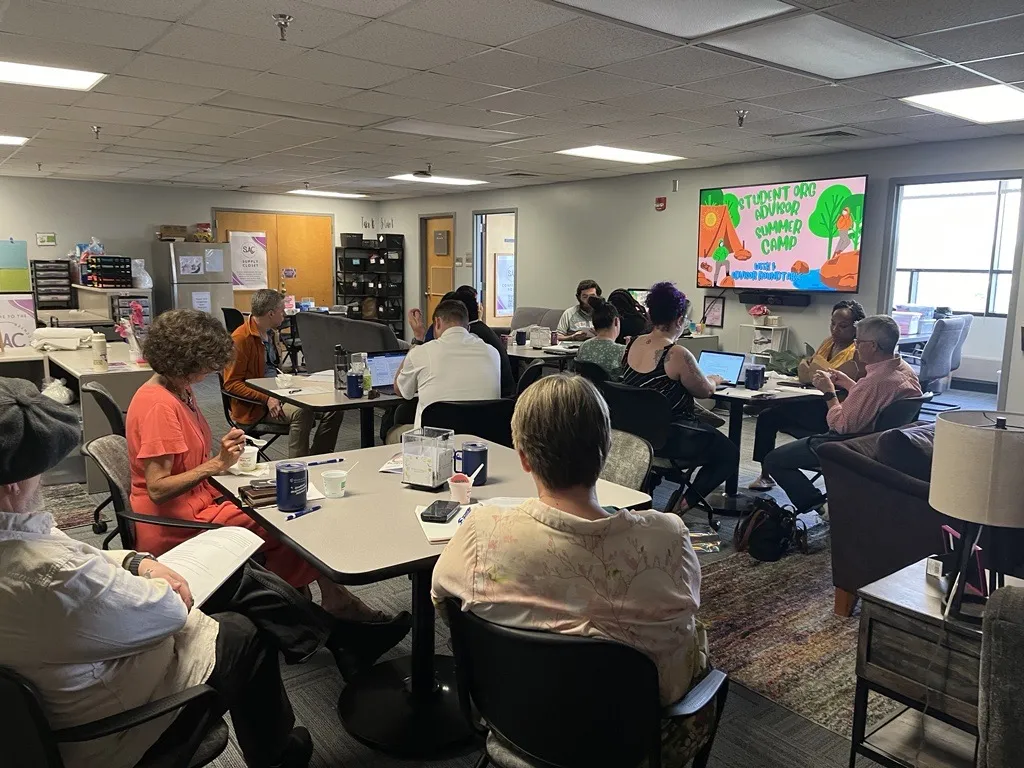What is an Advisor?
A Student Organization Advisor is a full-time faculty or staff member at Ithaca College who provides support and guidance to officers and members of the Student Organization. An Advisor is one who gives ideas, shares insight, provides a different perspective, and encourages Organization members. Advisors should seek to challenge Student Organization members and support them as they make decisions.
Why be an Advisor?
Advising a Student Organization can be a very rewarding experience. Working with students outside of the classroom allows faculty and staff the ability to share information and resources and encourage development in the student. This close interaction with students allow Advisors the opportunity to promote skills such as leadership development, ethics, teamwork, appreciation of diversity, and self-discovery that are invaluable to students when they leave Ithaca College.
Who can be an Advisor?
An Advisor can be any full-time member of the Ithaca College faculty or staff who is willing to commit to advising a Student Organization. The Advisor is responsible for a few things throughout the academic year. An Advisor must accept the Advisor Agreement Terms & Conditions (found on IC Engage) during the recognition process and approval all travel authorizations. Other than that, it's up to the Advisor how big of a role they'd like to play within the Organization.
